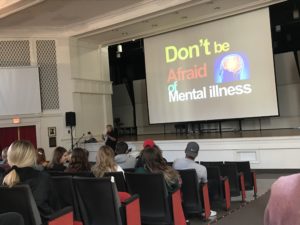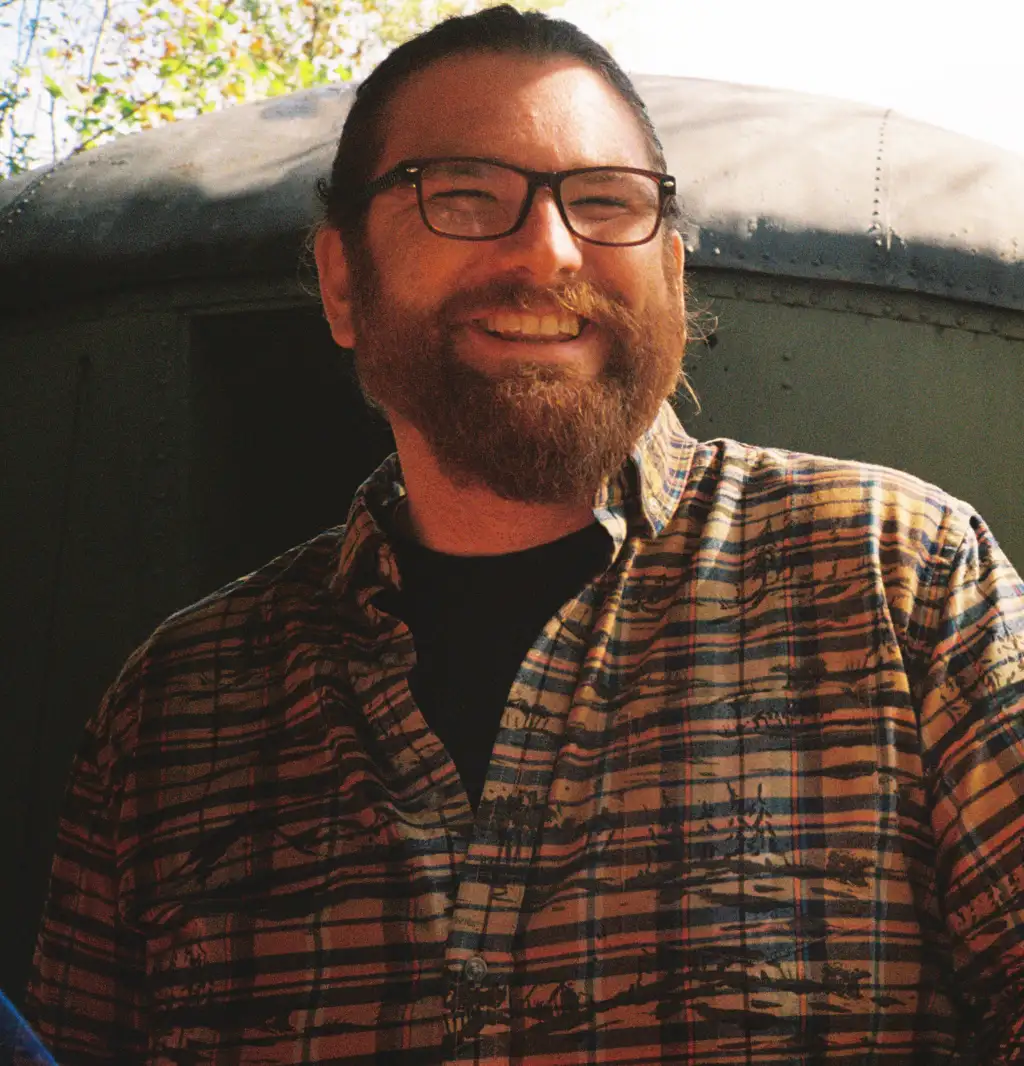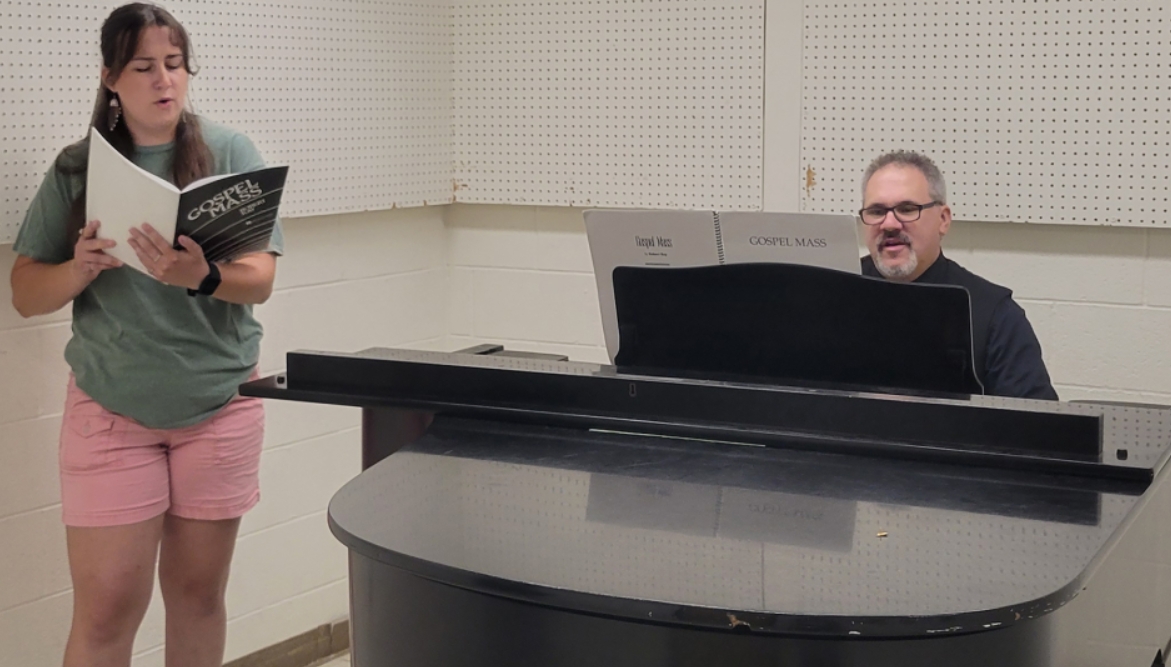Mental Health Activist Amy Gamble climbed the Hilltop on Oct. 15, to talk to West Liberty students about mental illnesses, the risks, the stigma, and how to ask for help if they or someone they know is struggling.
According to Gamble’s PowerPoint presentation, mental illness completely affects the brain and body. It takes over a person thinking, emotions, behavior, and disrupts their ability to live their life. Or as Gamble repeatedly said, “mental illness prevents people from living, laughing, and loving.”
Gamble stated, “Risks of mental illness include four factors, genetics, trauma, environment, and biological. If your family suffers from mental illness, you will have a higher risk of suffering as well. If you are living in a bad environment, it may cause you to become depressed.” Mental health conditions can be extremely life threatening if not treated, and nearly 5 percent of people who suffer deal with suicidal thoughts. “This doesn’t mean the person will act on it, but you need to be aware of warning signs and ask for help,” Gamble said.
“Mental Illness is a complicated issue, and we as a country have to do better when it comes to mental illness treatment. But the first thing you need to know is to stop being afraid of it,” Gamble said during the seminar. After this, she went onto explain a personal life story about how she and her mother suffer from bi-polar depression, and how hard it was for her to overcome it.
“We fear mental illness because we don’t talk about it, and when you don’t talk about things it becomes misunderstood,” Gamble explained. When it comes to an illness of the mind, often we think of a negative connotation. Words such as crazy, drawn back, socially awkward, or even the word dangerous. These were words brought up by WLU students when asked what type of negative words were associated with the term ‘mental illness’.
“You see guys? There is a huge stigma around mental health, it needs to stop. People suffering from these diseases are no different from cancer survivors. We often think of cancer survivors as warriors or brave. Well, people who suffer from a mental illness deserve to be recognized as survivors, brave and as warriors,” Gamble stated.
“The road to recovery isn’t always going to be easy. If you are struggling with a mental illness as well as suicidal thoughts, please ask for help. Ask your parents, friends, professors, school counselor, somebody! Getting the help, you need is the difference between being her today and gone tomorrow,” Gamble explained.
For more information about finding resources please visit:
WLU Counseling Services
https://westliberty.edu/current-students/behavior-intervention-team-bit/counseling-services/
Suicide Hotline: 1-800-273-8255








